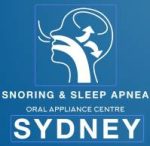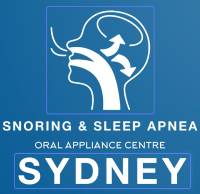Welcome to WordPress. This is your first post. Edit or delete
Introduction:
Delve into the underlying factors contributing to sleep apnea as we explore the diverse causes of this often overlooked sleep disorder.
Body:
1. **Obstructive Sleep Apnea (OSA):**
– Occurs when throat muscles relax excessively, leading to airway obstruction during sleep.
– Factors such as obesity, neck circumference, and genetics can contribute.
2. **Central Sleep Apnea (CSA):**
– Linked to a failure of the brain to transmit appropriate signals to the muscles that control breathing.
– Health conditions like heart failure and certain neurological disorders can be triggers.
3. **Mixed Sleep Apnea:**
– A combination of obstructive and central sleep apnea elements.
– Presents a more complex scenario requiring specialized treatment approaches.
4. **Excess Weight and Obesity:**
– Accumulation of fat deposits around the neck can obstruct airways.
– Weight loss interventions may alleviate or improve sleep apnea symptoms.
5. **Neck Circumference:**
– Individuals with a thicker neck circumference may have a narrower airway.
– A risk factor, especially for men, for developing obstructive sleep apnea.
6. **Age and Gender:**
– Sleep apnea is more prevalent in older adults.
– Men are at a higher risk than women, though the risk for women increases if overweight, and after menopause.
7. **Family History:**
– Genetic factors play a role in predisposing individuals to sleep apnea.
– Family history of sleep apnea increases the likelihood of its occurrence.
8. **Use of Sedatives and Alcohol:**
– Relaxants like alcohol and certain medications can relax throat muscles.
– Substance abuse can contribute to the severity of sleep apnea.
9. **Smoking:**
– Smoking leads to inflammation and fluid retention in the airway.
– Increases the risk and severity of sleep apnea.
10. **Medical Conditions:**
– Conditions such as hypertension, diabetes, and hypothyroidism are associated with a higher risk.
– Treating underlying health issues can improve or alleviate sleep apnea.
Conclusion:
Understanding the diverse causes of sleep apnea is crucial for targeted prevention and management strategies. Identifying and addressing these contributing factors can pave the way for more effective interventions and improved sleep quality. If you suspect sleep apnea, consult with a healthcare professional for personalized guidance and treatment.
it, then start writing!



1 Comment
Hi, this is a comment.
To get started with moderating, editing, and deleting comments, please visit the Comments screen in the dashboard.
Commenter avatars come from Gravatar.